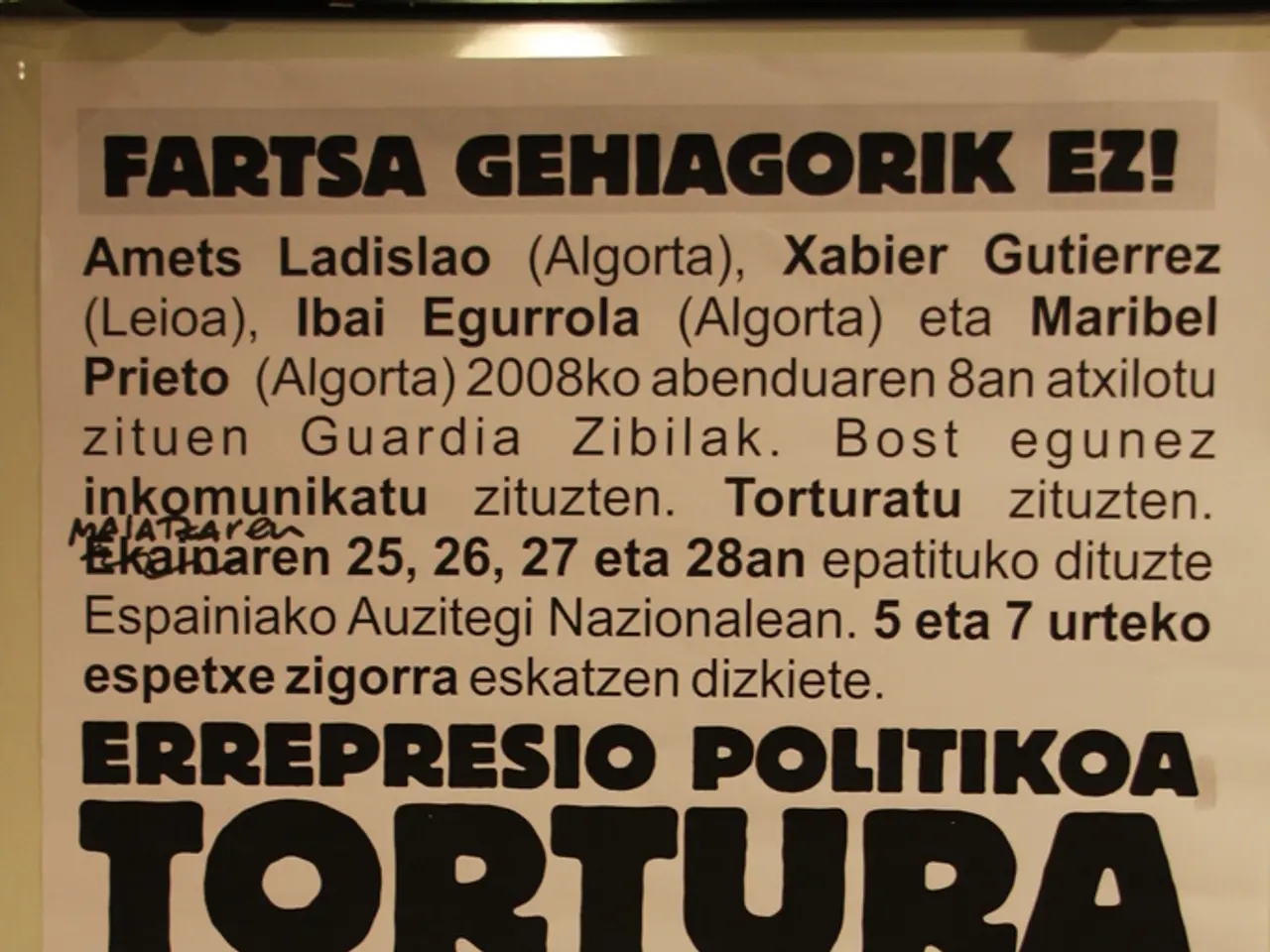Executive Order Regarding United States Cybersecurity Policy and Coordination across Federal Agencies, Issue 5
The White House has reissued and amended National Security Presidential Memorandum 5 (NSPM-5) to reinforce a hardline approach towards Cuba, focusing on opposing the Cuban regime while supporting the Cuban people.
The revised policy reaffirms the economic embargo on Cuba, as established by the Cuban Liberty and Democratic Solidarity (LIBERTAD) Act of 1996, and firmly opposes international calls, including at the United Nations, to end the embargo.
One of the key changes is the prohibition of direct or indirect financial transactions with Cuban military-controlled entities, such as Grupo de Administración Empresarial S.A. (GAESA), which controls a significant portion of the Cuban economy. Exceptions will only be allowed for transactions that advance U.S. policy goals or support the Cuban people.
The policy also enforces the statutory ban on tourism to Cuba by U.S. citizens, with mandates for regular audits and mandatory record-keeping of all travel-related transactions for at least five years. The "Wet Foot, Dry Foot" policy, which had previously allowed Cuban migrants who reached U.S. soil to stay, will not be reinstated, discouraging unlawful migration from Cuba to the U.S.
The memorandum emphasises advancing human rights in Cuba, promoting a private Cuban sector independent of government control, and enhancing national security by working on criminal cases and encouraging the return of fugitives from American justice who are in Cuba or protected by the Cuban government.
The NSPM supports expanding internet access, free press, free enterprise, free association, and lawful travel to empower the Cuban people. The Secretary of State will identify entities or subentities that are under the control of, or act for or on behalf of, the Cuban military, intelligence, or security services or personnel and publish a list of those identified entities and subentities.
The regulations will continue to provide that every person engaging in travel to Cuba shall keep full and accurate records of all transactions related to authorized travel, and such records shall be available for examination by the Department of the Treasury for at least 5 years after the date they occur. All educational travel shall be accompanied by a representative of the sponsoring organization.
The regulations will require that those traveling for the permissible purposes of non-academic education or to provide support for the Cuban people engage in a full-time schedule of activities that enhance contact with the Cuban people, support civil society in Cuba, or promote the Cuban people's independence from Cuban authorities.
The Administration's policy will be guided by the national security and foreign policy interests of the United States, as well as solidarity with the Cuban people. The goal is to promote a stable, prosperous, and free country for the Cuban people, ending economic practices that disproportionately benefit the Cuban government or its military, intelligence, or security agencies or personnel at the expense of the Cuban people.
The policy also aims to end violence and intimidation against dissidents, as well as arbitrary detentions and poor prison conditions for dissidents and peaceful protesters in Cuba. Families of political prisoners in Cuba are retaliated against for peacefully protesting the improper confinement of their loved ones.
[1] White House (2025). National Security Presidential Memorandum-5 (NSPM-5): Strengthening U.S. Policy and Support for the Cuban People. Retrieved from https://www.whitehouse.gov/presidential-actions/national-security-presidential-memorandum-5-nspm-5-strengthening-u-s-policy-support-cuban-people/ [2] U.S. Department of the Treasury (2025). Cuban Assets Control Regulations. Retrieved from https://www.treasury.gov/resource-center/sanctions/Programs/Documents/cacr.pdf [3] U.S. Department of State (2025). Cuba Travel and Trade Sanctions Regulations. Retrieved from https://www.state.gov/e/eb/tfs/spi/cuba/ [4] U.S. Department of Commerce (2025). Export Administration Regulations. Retrieved from https://www.bis.doc.gov/index.php/regulations/export-administration-regulations [5] U.S. Department of Agriculture (2025). Cuban Sanctions Regulations. Retrieved from https://www.fsis.usda.gov/wps/portal/fsis/topics/international-affairs/cuba-sanctions
- The administration is focusing on promoting a stable, prosperous, and free country for the Cuban people, as stated in the revised National Security Presidential Memorandum-5 (NSPM-5).
- The policy aims to end economic practices that disproportionately benefit the Cuban government or its military, intelligence, or security agencies or personnel at the expense of the Cuban people.
- The White House has reissued and amended NSPM-5 to reinforce a hardline approach towards Cuba, opposing the Cuban regime while supporting the Cuban people.
- The regulations will require those traveling for non-academic education or to provide support for the Cuban people to engage in a full-time schedule of activities that enhance contact with the Cuban people, support civil society in Cuba, or promote the Cuban people's independence from Cuban authorities.
- Cuban Assets Control Regulations enforce the statutory ban on tourism to Cuba by U.S. citizens, with mandates for regular audits and mandatory record-keeping of all travel-related transactions for at least five years.
- The Administration's policy also aims to end violence and intimidation against dissidents, as well as arbitrary detentions and poor prison conditions for dissidents and peaceful protesters in Cuba.
- The Secretary of State will identify entities or subentities that are under the control of, or act for or on behalf of, the Cuban military, intelligence, or security services or personnel and publish a list of those identified entities and subentities, as stated in the NSPM.




